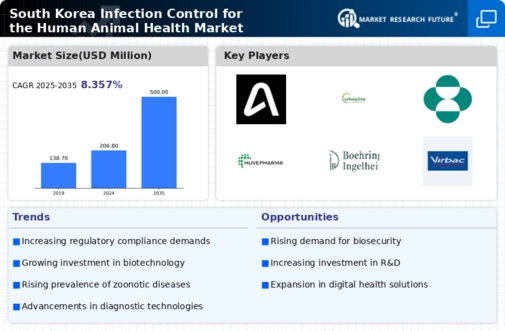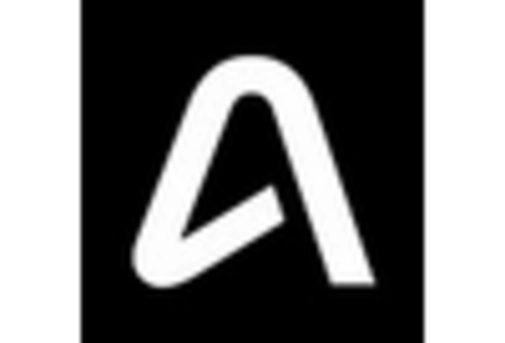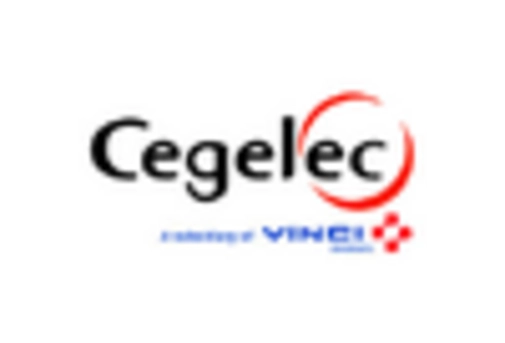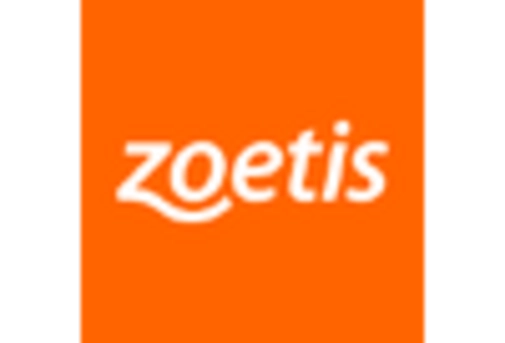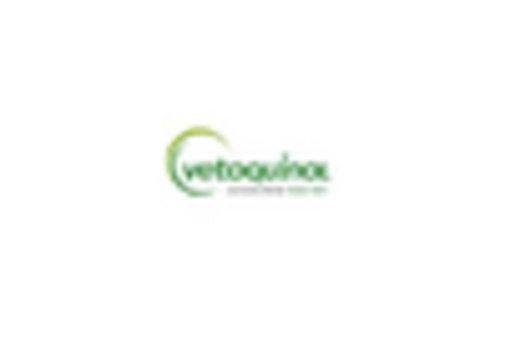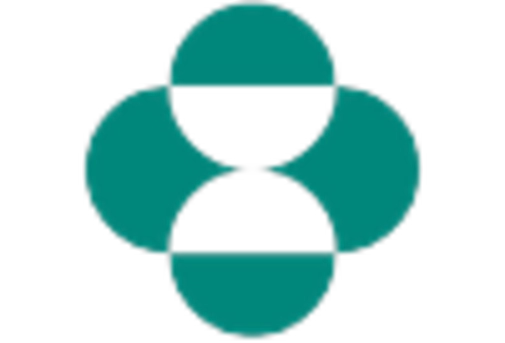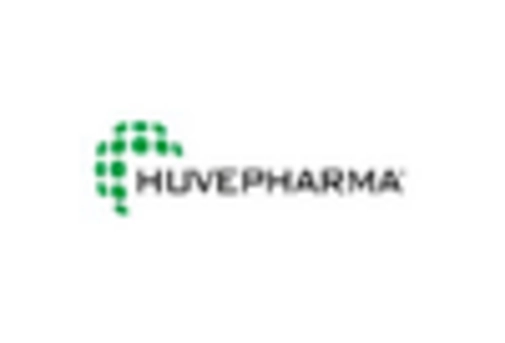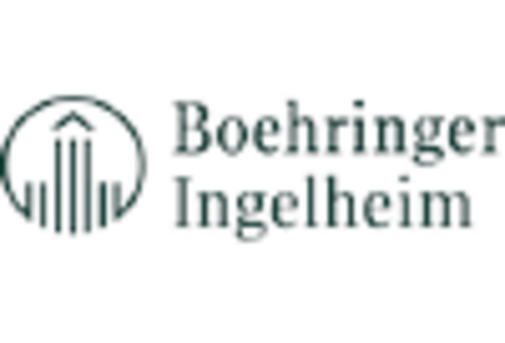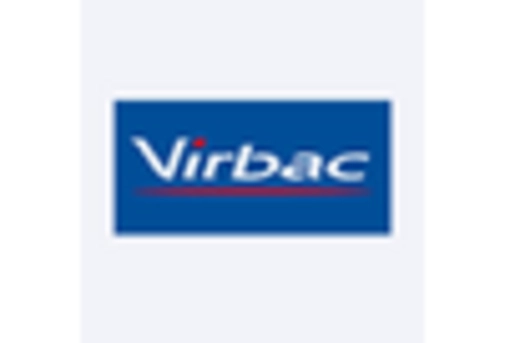Increasing Pet Ownership
The rising trend of pet ownership in South Korea appears to be a driving force for the Global South Korea Infection Control for the Human Animal Health Market Industry. As more households adopt pets, the demand for veterinary services and infection control measures is likely to increase. This trend may lead to a greater emphasis on preventive healthcare and vaccination programs, which are essential for maintaining animal health and preventing zoonotic diseases. Consequently, the market could see substantial growth, reflecting the changing dynamics of pet ownership and its implications for public health.
Global Trade and Animal Movement
The expansion of global trade and the movement of animals across borders seem to pose both opportunities and challenges for the Global South Korea Infection Control for the Human Animal Health Market Industry. Increased international trade can facilitate the spread of diseases, necessitating robust infection control measures to safeguard public health. As countries implement stricter biosecurity protocols, the demand for effective infection control solutions is likely to rise. This dynamic could contribute to the market's growth trajectory, aligning with the projected figures of 1250 USD Million in 2024 and 2750 USD Million by 2035.
Rising Awareness of Zoonotic Diseases
The increasing awareness of zoonotic diseases among the population appears to be a significant driver for the Global South Korea Infection Control for the Human Animal Health Market Industry. As more individuals recognize the potential transmission of diseases from animals to humans, there is a growing demand for effective infection control measures. This heightened awareness is likely to lead to increased investments in veterinary services and public health initiatives, thereby contributing to the market's growth. The market is projected to reach 1250 USD Million in 2024, reflecting the urgency for enhanced infection control protocols.
Government Initiatives and Regulations
Government initiatives aimed at improving public health and animal welfare are likely to play a crucial role in shaping the Global South Korea Infection Control for the Human Animal Health Market Industry. Regulatory frameworks that mandate stringent infection control practices in veterinary clinics and farms could drive market growth. For instance, the South Korean government has implemented various policies to enhance biosecurity measures, which may lead to increased compliance among stakeholders. Such initiatives could potentially contribute to the market's expansion, with projections indicating a growth to 2750 USD Million by 2035.
Technological Advancements in Diagnostics
Technological advancements in diagnostic tools and methodologies are expected to significantly influence the Global South Korea Infection Control for the Human Animal Health Market Industry. Innovations such as rapid testing kits and advanced imaging techniques may enhance the ability to detect infections early, thereby improving treatment outcomes. The integration of artificial intelligence in diagnostics could streamline processes and reduce the time taken to identify pathogens. This technological evolution is likely to attract investments and foster growth, with a projected CAGR of 7.43% from 2025 to 2035, indicating a robust future for the market.


